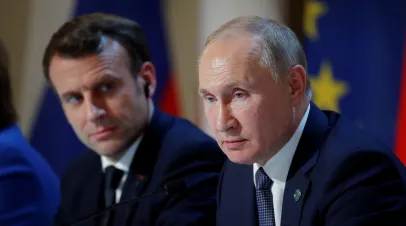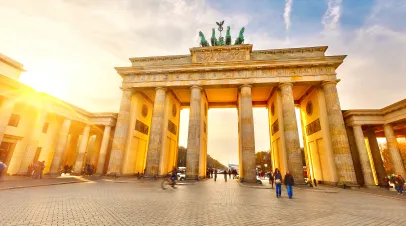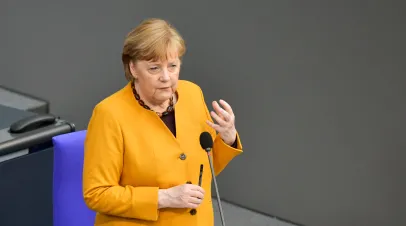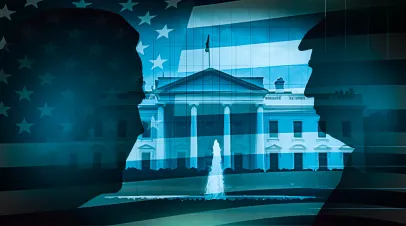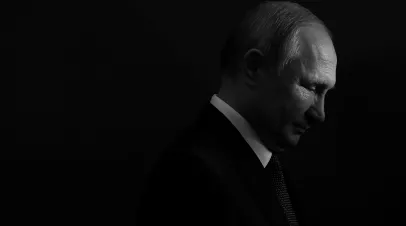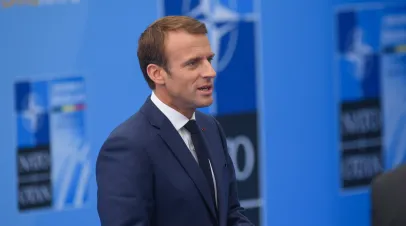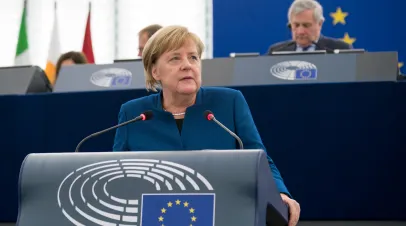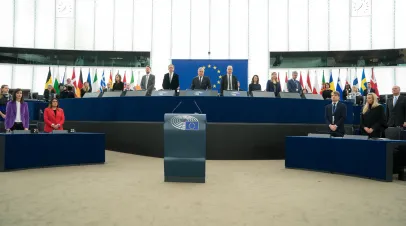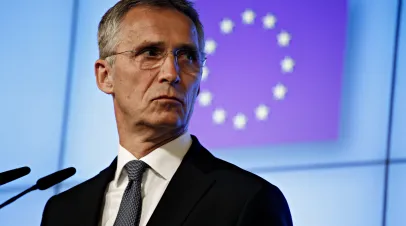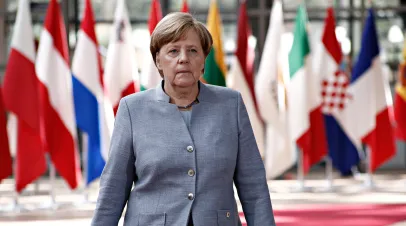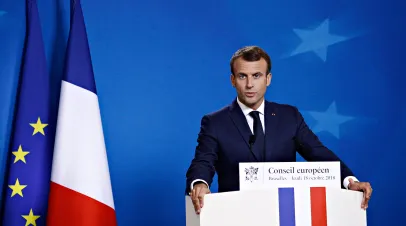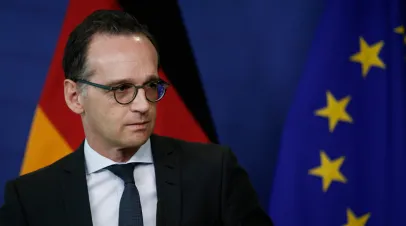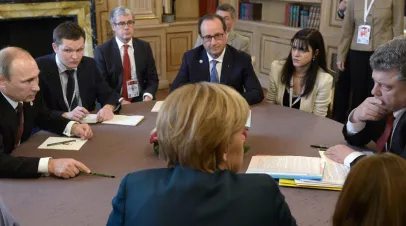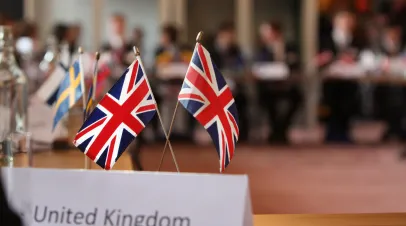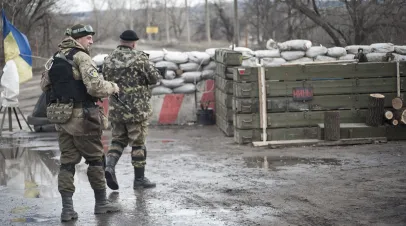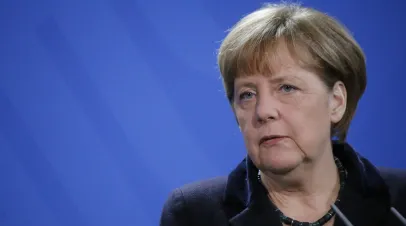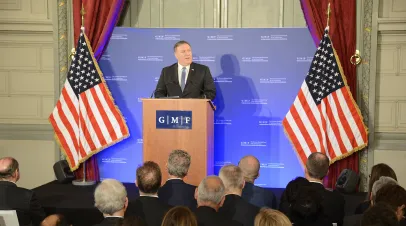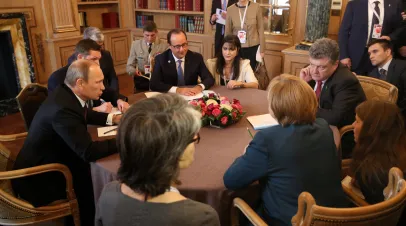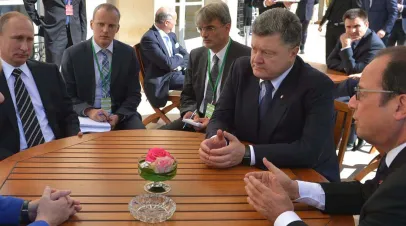Ulrich Speck
Formerly Visiting Senior FellowIn 2006, he was a DAAD-fellow at AICGS in Washington, DC. From 2000 to 2005, he worked as a senior editor at Frankfurter Rundschau, a German newspaper. Speck has co-edited three books (in German): on the Revolution of 1848/89 (Insel, 1998); American Empire (DVA, 2003); New antisemitism (Suhrkamp, 2004). He holds a PhD in modern history from the University of Frankfurt. Speck’s articles have appeared in The New York Times, Financial Times, The Guardian, Moscow Times, on CNN.com, The American Interest, Berlin Policy Journal, in FAZ, SZ, Tagesspiegel, and elsewhere. Speck is a frequent speaker at conferences and panels all over Europe and is regularly quoted by The Economist, Reuters, Wall Street Journal, and other media. He is also a bi-monthly foreign policy columnist for Neue Zürcher Zeitung.
Media Mentions
Featured Work
